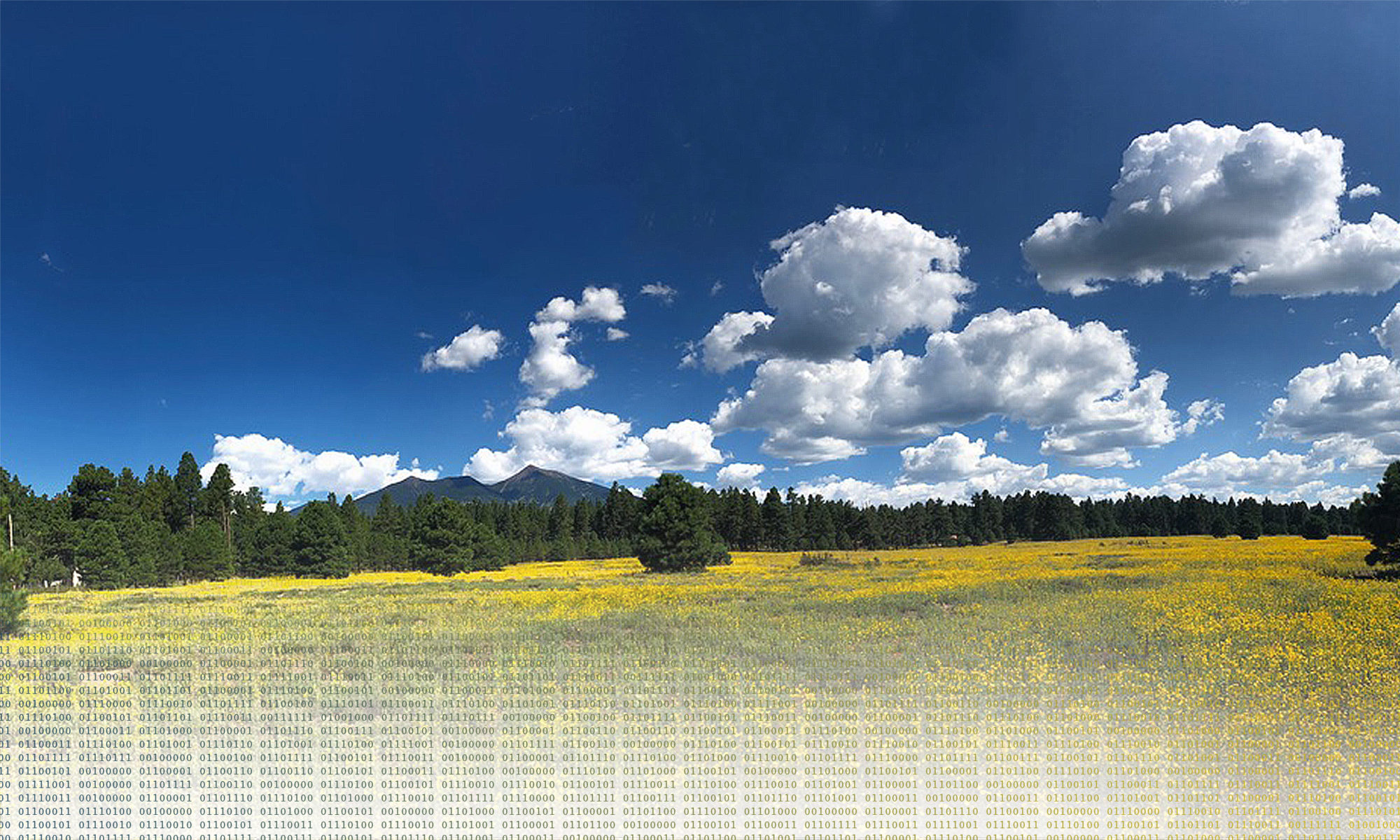Abstract
Tropical forests and woodlands are key components of the global carbon cycle, and have large potential to help mitigating climate change. Their capacity to sequester carbon is likely diminished by the increasing drought intensity. Yet, little is known how droughts affect wood production at pantropical scale. Tropical tree-ring data can help filling this gap. Researchers at Universities of Arizona (US), Campinas (BR) and Wageningen (NL) therefore initiated the tropical tree-ring network (https://tropicaltreeringnetwork.org/). This network now contains ~500 chronologies: time series of population-level diameter growth. We used this network to answer the following questions: (1) is growth reduced during drought years? (2) is growth also suppressed after the drought years, i.e, are there legacy effects? (3) what factors determine the magnitude of drought effects? Our results reveal that effects are overall mild, reducing ring width by 2-4%, on average. We found no evidence of legacy effect during the two years following the drought. Drought effects were stronger for Gymnosperms than Angiosperms, and in more variable and arid climates. These results suggest substantial resilience of woody productivity in tropical vegetation to droughts. The study also illustrates the potential of tropical dendrochronology to contribute to global change studies.
Bio
Pieter Zuidema is a tropical forest ecologist and full professor at Wageningen University, the Netherlands. He received his BSc, MSc and PhD degrees in biology and tropical ecology at Utrecht University, the Netherlands. For his PhD, he conducted a demographic study to assess sustainable exploitation of Amazonian forests in Bolivia, where I lived and worked for 3 years. Pieter’s research deals with the effects of climate change and management of tropical forests. For instance, using tree rings, stable isotopes and simulation models, Pieter and his research team study effects of climatic variation and CO2 rise on tropical tree growth. He also develops timber tracing tools to fight illegal trade, using chemical and genetic analyses. He is currently on sabbatical at the University of Arizona’s tree-ring lab.

